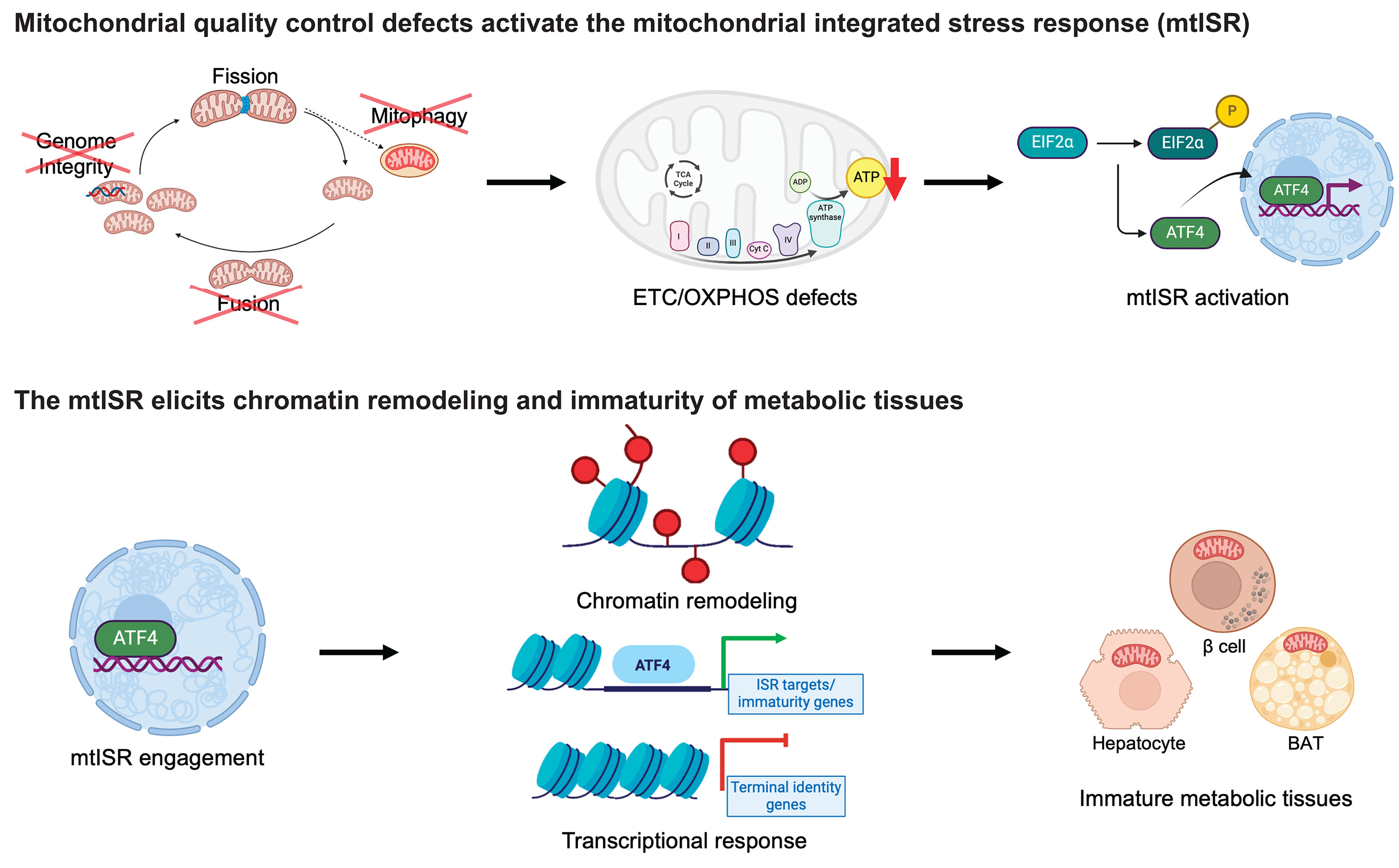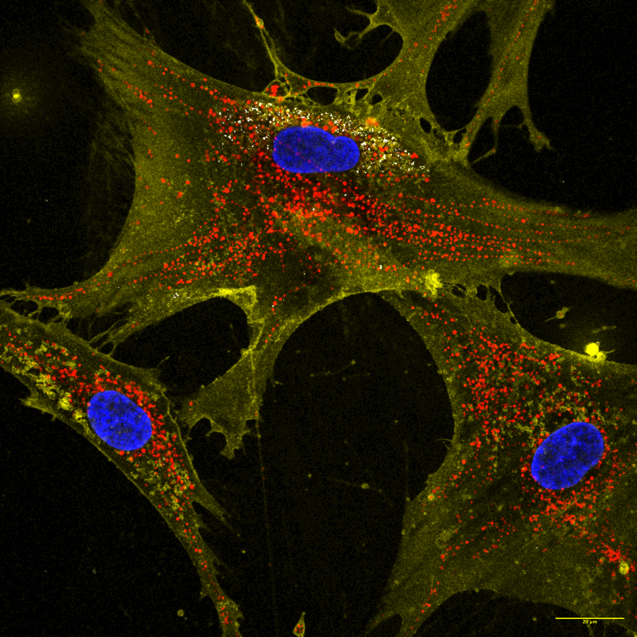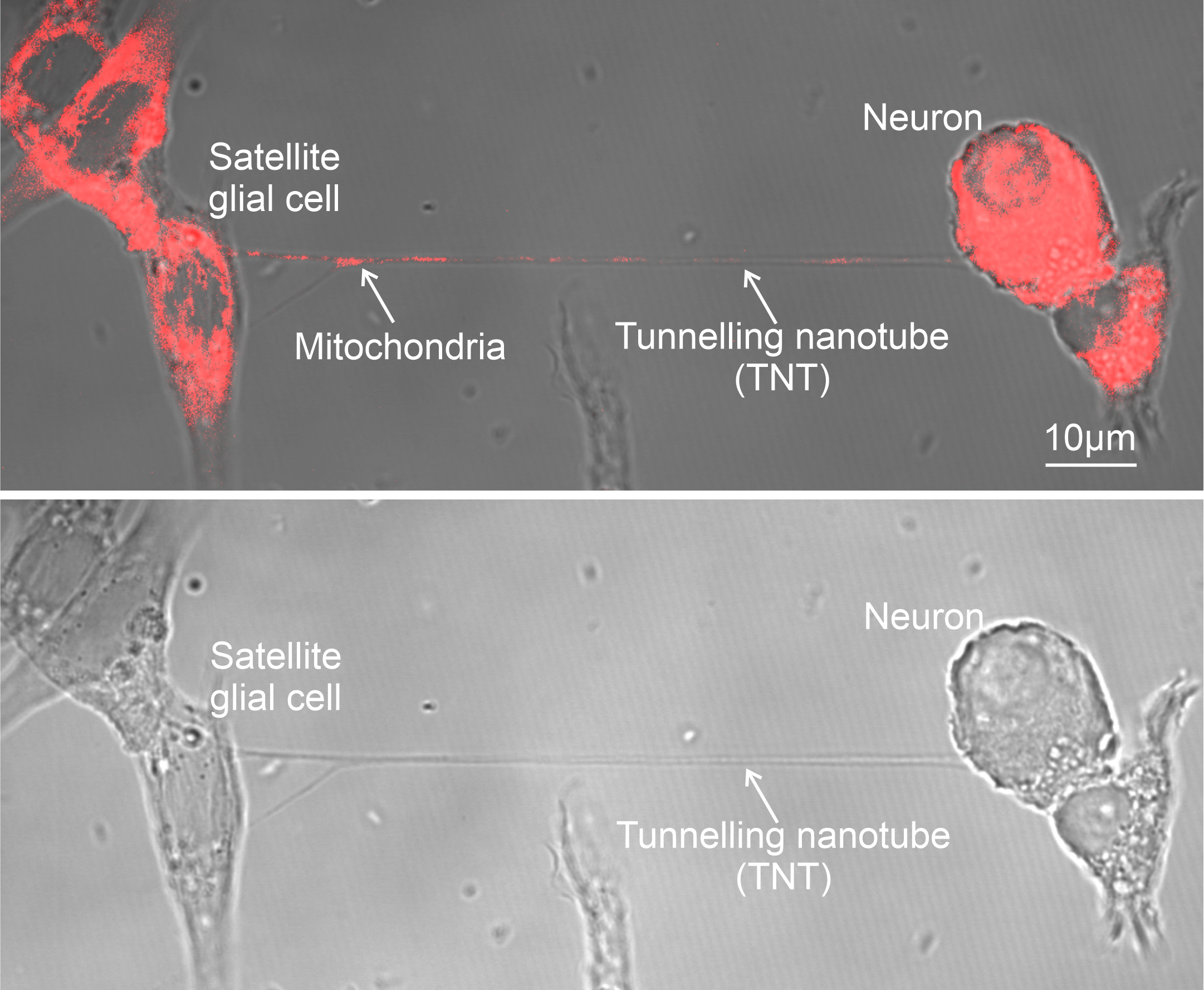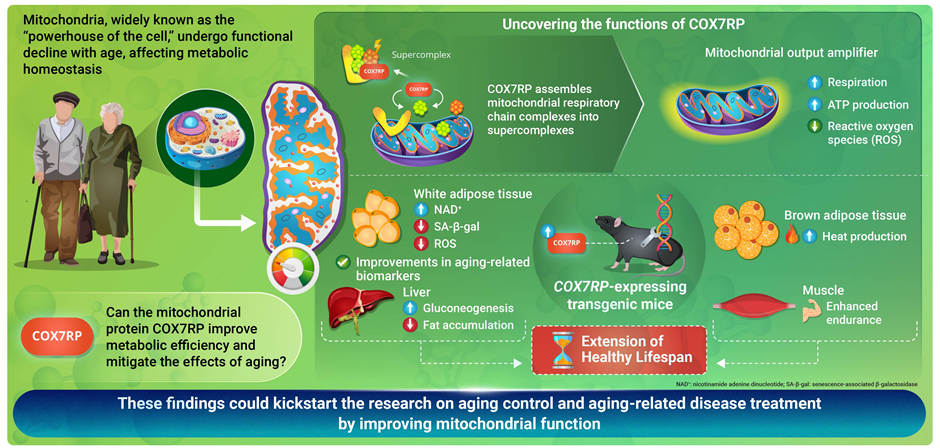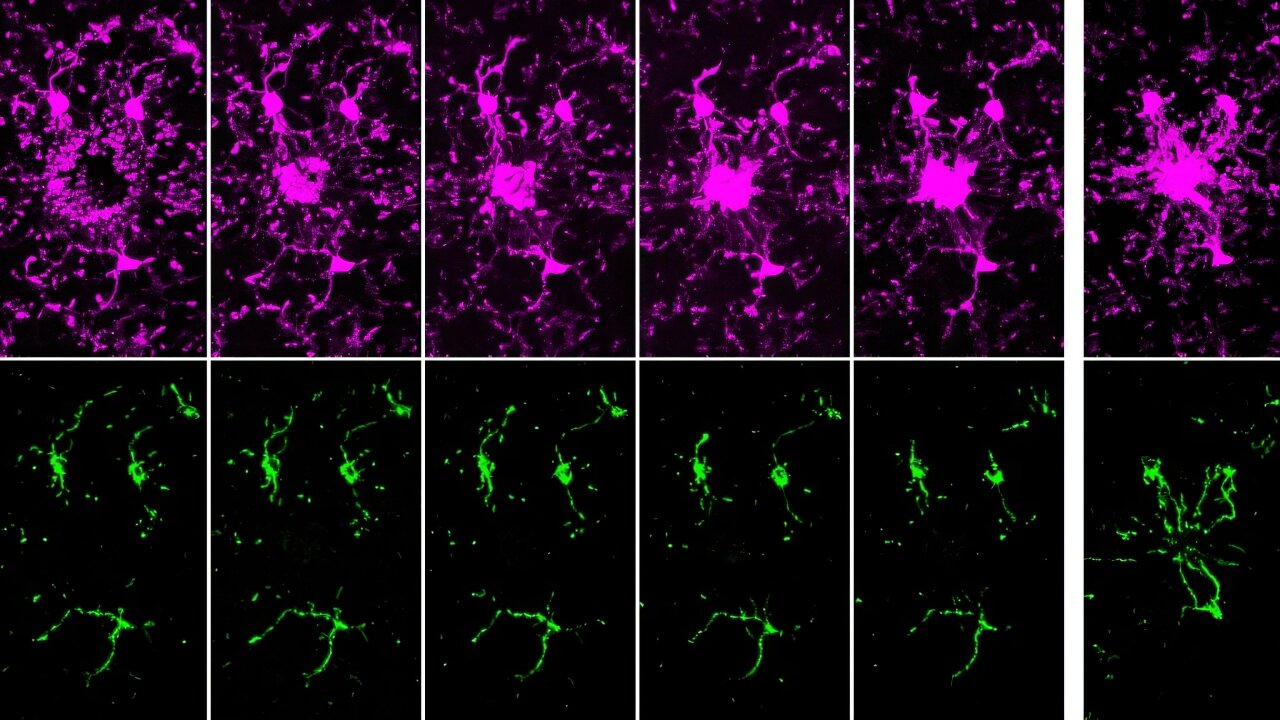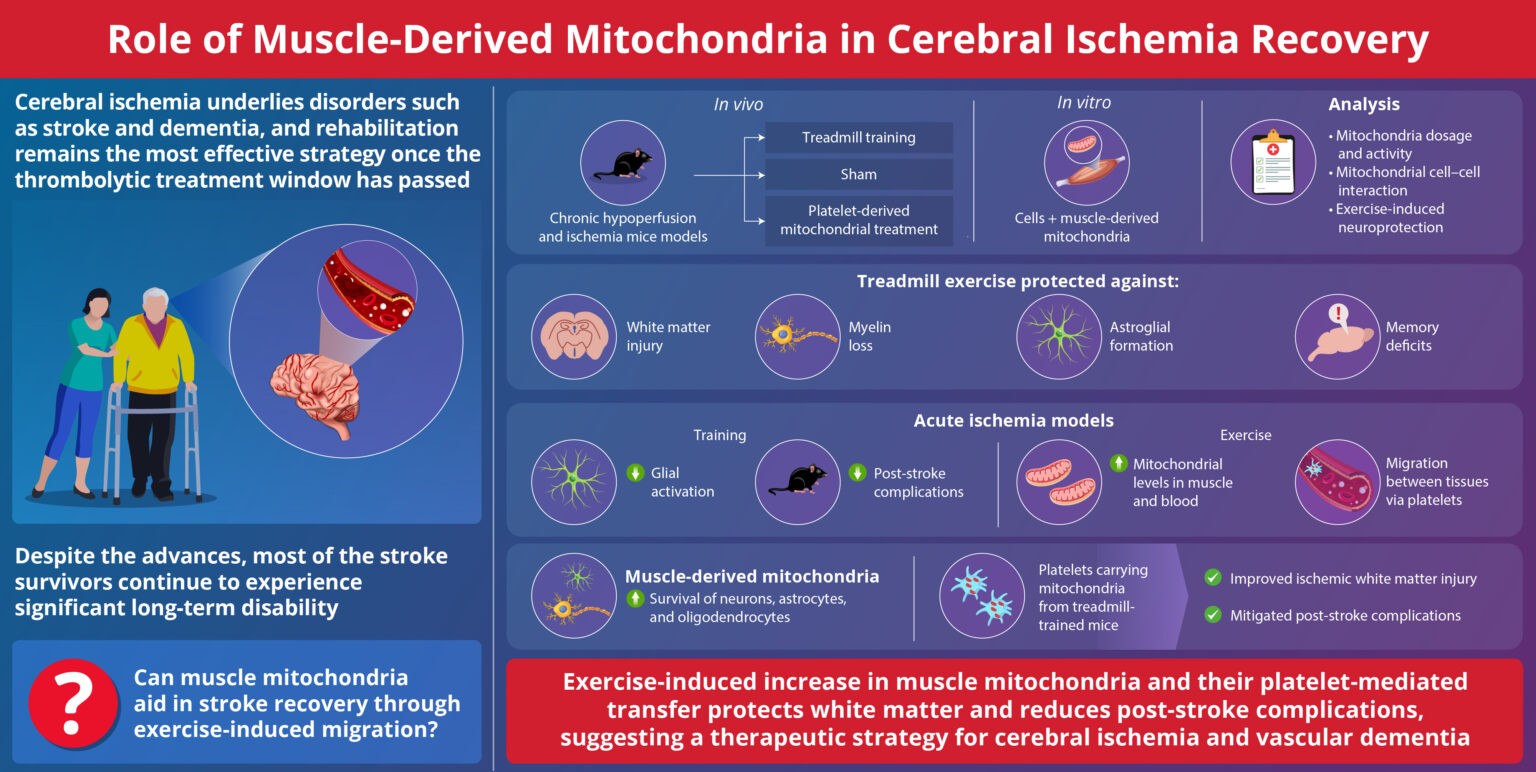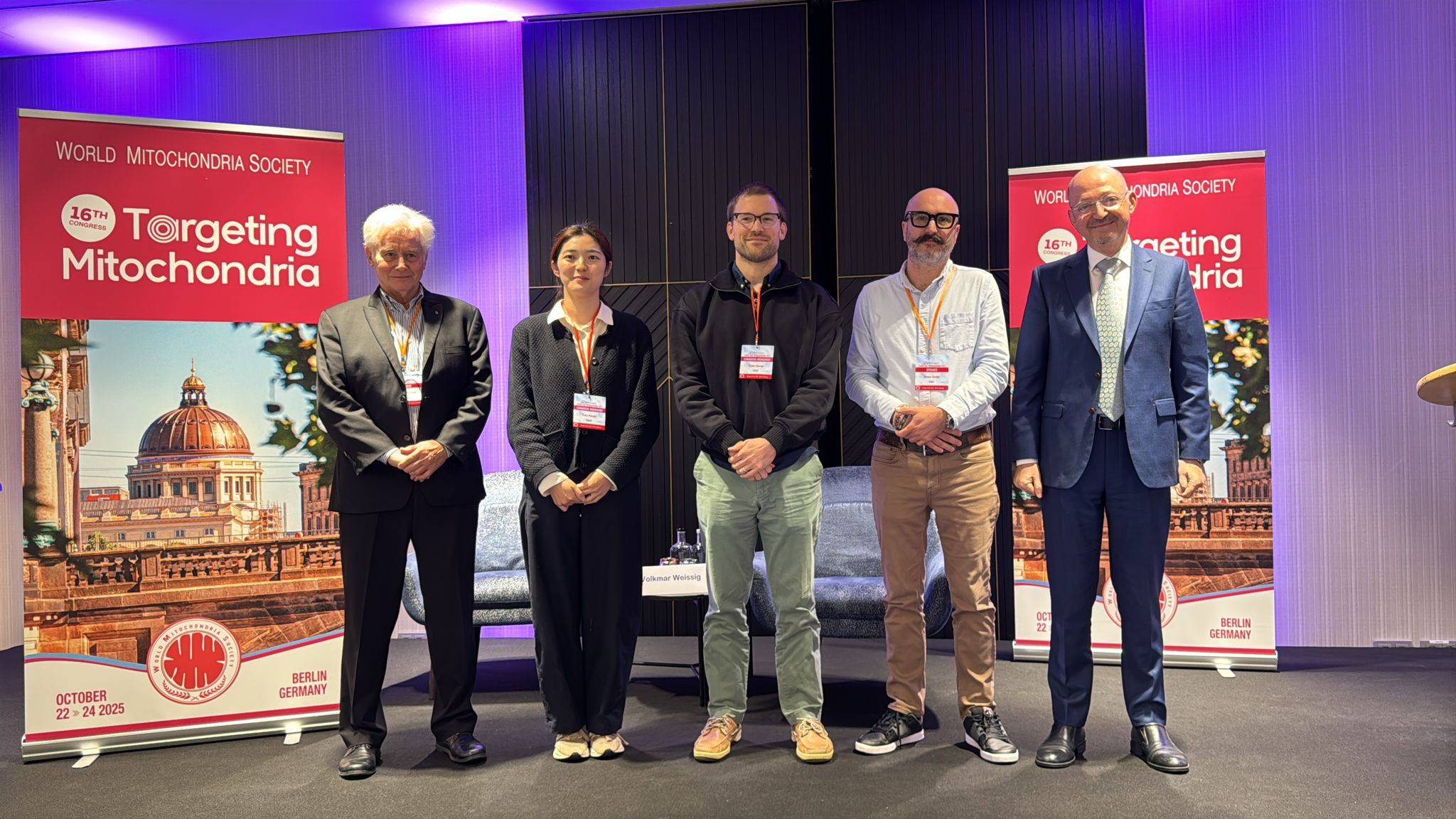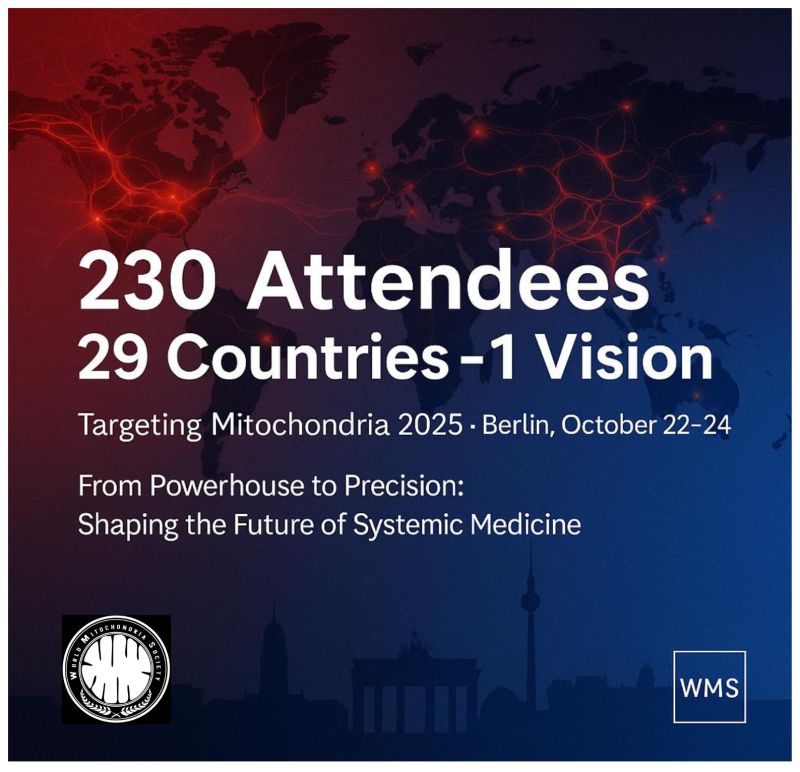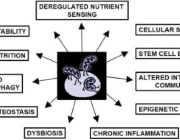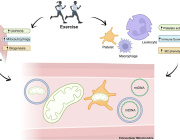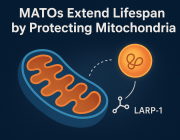Stem cell-driven drug discovery of OXPHOS diseases
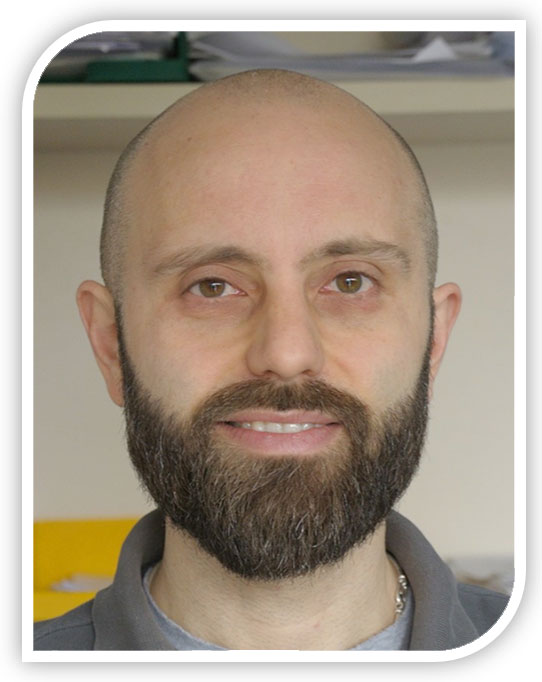 The Scientific Committee of WMS is honored to announce that Dr. Alessandro Prigione, Independent Team Leader, at the Max Delbrueck Center for Molecular Medicine, Germany, will be joining us for our 10th Anniversary Edition of Targeting Mitochondria World Congress, which will be held in Berlin on October 28th-29th, 2019.
The Scientific Committee of WMS is honored to announce that Dr. Alessandro Prigione, Independent Team Leader, at the Max Delbrueck Center for Molecular Medicine, Germany, will be joining us for our 10th Anniversary Edition of Targeting Mitochondria World Congress, which will be held in Berlin on October 28th-29th, 2019.
In his presentation entitled "Stem cell-driven drug discovery of OXPHOS diseases", Dr. Prigione will discuss Mutations in the mitochondrial complex IV assembly factor SURF1, representing a major cause of Leigh syndrome (LS), a rare fatal neurological disorder. SURF1-deficient animals have failed to recapitulate the neuronal pathology of LS, hindering our understanding of the disease mechanisms. We generated induced pluripotent stem cells from LS patients carrying homozygous SURF1 mutations (SURF1 iPS) and performed biallelic correction via CRISPR/Cas9. In contrast to corrected cells, SURF1 iPS showed impaired neuronal differentiation. Aberrant bioenergetics in SURF1 iPS occurred already in neural progenitor cells (NPCs), disrupting their neurogenic potency. Cerebral organoids from SURF1 iPS were smaller and recapitulated the neurogenesis defects. Our data imply that SURF1 mutations cause a failure in the development of maturing neurons. Using NPC function as an interventional target, we identified SURF1 gene augmentation as a potential strategy for restoring neurogenesis in LS patients carrying SURF1 mutations.
For more information about Targeting Mitochondria 2019: https://targeting-mitochondria.com
Selective segregation of mitochondria in asymmetric stem cell divisions
 The Scientific Committee of WMS is honored to announce that Assoc. Prof. Pekka Katajisto, Associate Professor in Karolinska Institutet and University of Helsinki, Finland, as well as Director of the Center of Excellence in Stem Cell Metabolism, will be joining us for our 10th Anniversary Edition of Targeting Mitochondria World Congress, which will be held in Berlin on October 28th-29th, 2019.
The Scientific Committee of WMS is honored to announce that Assoc. Prof. Pekka Katajisto, Associate Professor in Karolinska Institutet and University of Helsinki, Finland, as well as Director of the Center of Excellence in Stem Cell Metabolism, will be joining us for our 10th Anniversary Edition of Targeting Mitochondria World Congress, which will be held in Berlin on October 28th-29th, 2019.
In his presentation entitled "Selective segregation of mitochondria in asymmetric stem cell divisions", Dr. Pekka Katajisto will share with us his studies that could be introduced as such: "Tissue resident stem cells renew and repair our tissues. However, in order to secure tissue homeostasis, generation of new stem cells via self-renewal and their differentiation in to functional cells must be carefully balanced. During aging, multiple types of alterations directly in stem cells, or in their tissue neighbourhood can disturb this balance. Our laboratory studies both stem cell intrinsic, and extrinsic mechanisms altering tissue renewal capacity."
For more information about Targeting Mitochondria 2019: https://targeting-mitochondria.com
Call for Abstracts & Innovations
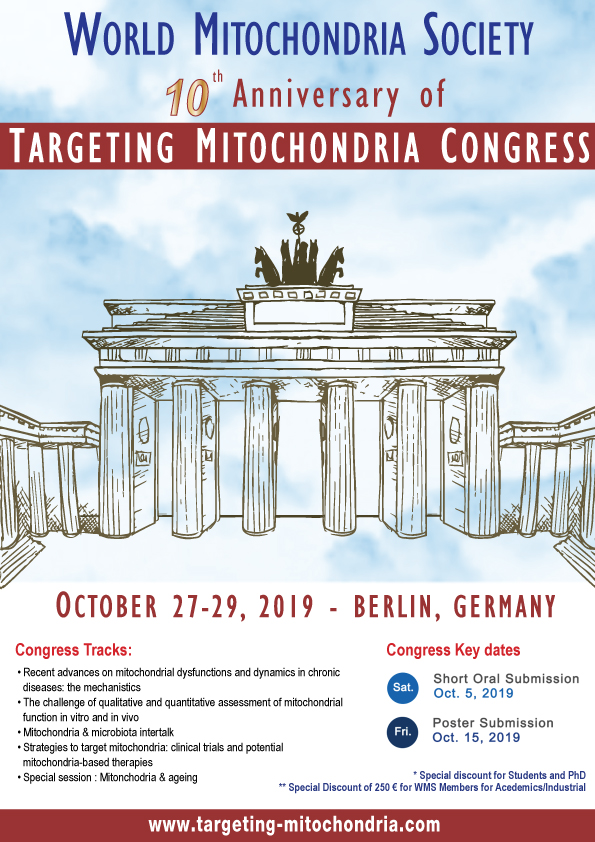 The Scientific Committee of the World Mitochondria Society & Targeting Mitochondria World Congress 2019 are pleased to invite all scientists, academics and industrials to present their researches in all mitochondria-related fields during the 10th World Congress on Targeting Mitochondria, which will be held in Berlin, on October 28th-29th, 2019.
The Scientific Committee of the World Mitochondria Society & Targeting Mitochondria World Congress 2019 are pleased to invite all scientists, academics and industrials to present their researches in all mitochondria-related fields during the 10th World Congress on Targeting Mitochondria, which will be held in Berlin, on October 28th-29th, 2019.
We remind you the key dates of this international meeting:
- Deadline for Short Oral Presentations Submission: October 5, 2019
- Deadline for Poster Presentations Submission: October 15, 2019
To access to all information about abstracts submission, please click here.
For all information about Targeting Mitochondria 2019: www.targeting-mitochondria.com
Mitochondria-targeted Nanocarriers for mitochondrial therapies

The Scientific Committee of WMS is honored to announce that Prof. Shanta Dhar, Associate Professor from Department of Biochemistry and Molecular Biology at the University of Miami, USA, will be joining us for our 10th Anniversary Edition of Targeting Mitochondria World Congress, which will be held in Berlin on October 28th-29th, 2019 and will speak about "Mitochondria-targeted Nanocarriers for mitochondrial therapies".
For more information about Targeting Mitochondria 2019: https://targeting-mitochondria.com
Targeting Mitochondria Pratical Information, Final Agenda and Abstracts Book
Hotel Booking:
If you wish to book a room at Steigenberger Hotel, please follow this link for more info or contact us
We will update you with more practical information soon.
What are the molecular consequences of OXPHOS dysfunction?

Dr. Inge Kühl from the CNRS - Institut de Biologie Intégrative de la Cellule (I2BC), Gif-sur-Yvette, France will give a strategic presentation about “The transcriptomic and proteomic landscape of mitochondrial dysfunction in mouse” during the next 9th World Congress on Targeting Mitochondria, which will be held at Steigenberger Hotel, Berlin on October 23-25, 2018.
According to Dr. Inge Kühl: "Dysfunction of the oxidative phosphorylation (OXPHOS) system is a major cause of human disease and the cellular consequences are highly complex. We did comparative analyses of mitochondrial proteomes, cellular transcriptomes and targeted metabolomics of five knockout mouse strains deficient in essential factors required for mitochondrial DNA gene expression, leading to OXPHOS dysfunction. Moreover, we describe sequential protein changes during post-natal development and progressive OXPHOS dysfunction in time-course analyses in control mice and a middle lifespan knockout, respectively. Our extensive omics analyses provide a high-quality resource of altered gene expression patterns under severe OXPHOS deficiency comparing several mouse models, that will deepen our understanding, open avenues for research and provide an important reference for diagnosis and treatment."
For more information about Targeting Mitochondria 2018, please visit www.targeting-mitochondria.com
Mitochondrial involvement in cell life/death regulation: Presentation of new scientific results
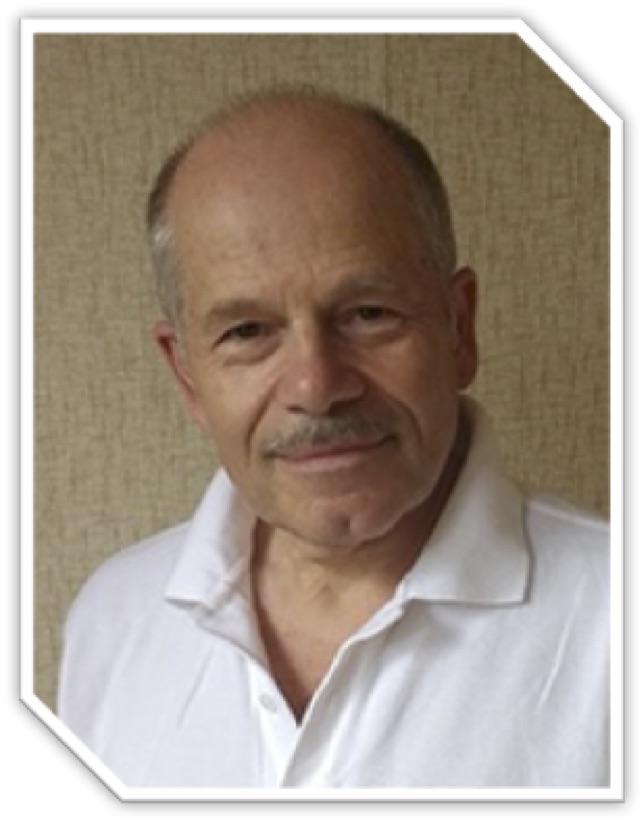
Prof. Vladimir Gogvadze from from Karolinska Institute, Sweden will give talk entitled "Mitochondrial involvement in cell life/death regulation: Presentation of new scientific results" during the next 9th World Congress on Targeting Mitochondria on October 23-25, 2018, which will be held at Steingenberger Hotel, in Berlin, Germany
Prof. Vladimir Gogvadze summarized his presentation as:
Mitochondria are to a great extent engaged in the modulation of cell viability and death. The involvement of mitochondria in the etiology of various diseases has been confirmed repeatedly, and new data have been obtained on the possibility of combating various pathologies by targeting these organelles. Mitochondria not only regulate various cell death modalities, but also control a crosstalk between them. Precise mechanisms of this crosstalk regulation are still poorly understood. Uncovering the role of mitochondria in the regulation of the crosstalk between various forms of cell death will help to develop new therapeutic strategies in fighting cancer, hematological, neurodegenerative and autoimmune disorders.
For more information about Targeting Mitochondria 2018, please visit www.targeting-mitochondria.com
Targeting Mitochondria 2018
October 23-25, 2018 - Berlin, Germany
Foxp3 increases oxidative phosphorylation and Nad oxidation, adapting regulatory T cells to low glucose high lactate environments
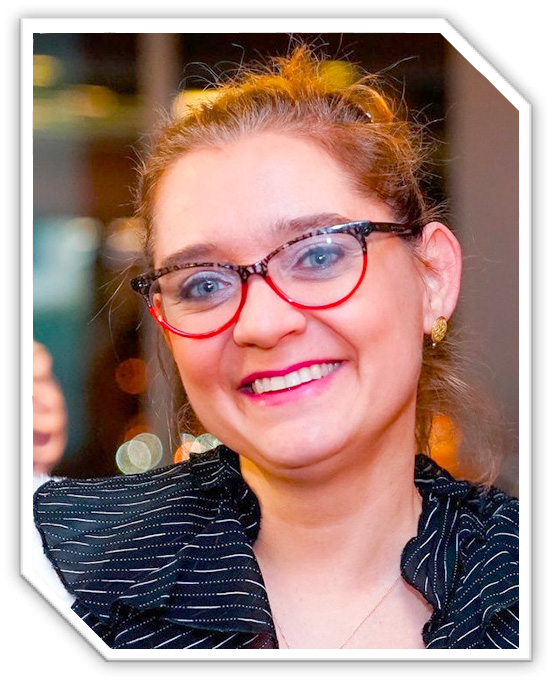 Dr. Alessia Angelin from Children's Hospital of Philadelphia, Philadelphia, USA will give presentation about "Foxp3 increases oxidative phosphorylation and Nad oxidation, adapting regulatory T cells to low glucose high lactate environments" during the 9th World Congress on Targeting Mitochondria, which will be held at Steigenberger Hotel, Berlin on October 23-25, 2018.
Dr. Alessia Angelin from Children's Hospital of Philadelphia, Philadelphia, USA will give presentation about "Foxp3 increases oxidative phosphorylation and Nad oxidation, adapting regulatory T cells to low glucose high lactate environments" during the 9th World Congress on Targeting Mitochondria, which will be held at Steigenberger Hotel, Berlin on October 23-25, 2018.
Dr. Alessia Angelin highlights her research as: "T-regulatory (Treg) cells maintain peripheral tolerance and prevent autoimmunity, but their immune suppressive properties can also work to a disadvantage in the tumor microenvironment. Solid tumors can be depleted of glucose and enriched with lactic acid. This can weaken anti-tumor immunity, as cytotoxic and effector T cells require glycolysis to proliferate and produce cytokines."
For more information about Targeting Mitochondria 2018, www.targeting-mitochondria.com
Nutritional interventions and dietary supplementation for mitochondrial disease patients
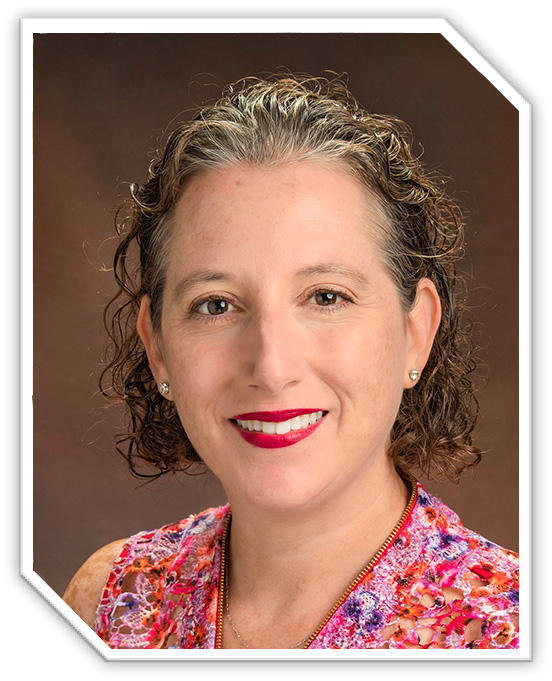 Prof. Marni J. Falk from University of Pennsylvania Perelman School of Medicine, USA will talk about "Nutritional interventions and dietary supplementation for mitochondrial disease patients" during the 9th World Congress on Targeting Mitochondria, which will be held at Steigenberger Hotel, Berlin on October 23-25, 2018.
Prof. Marni J. Falk from University of Pennsylvania Perelman School of Medicine, USA will talk about "Nutritional interventions and dietary supplementation for mitochondrial disease patients" during the 9th World Congress on Targeting Mitochondria, which will be held at Steigenberger Hotel, Berlin on October 23-25, 2018.
Talk Summary: "Mitochondrial diseases are a collectively common group of inherited metabolic disorders with extensive genetic, biochemical, and clinical heterogeneity that share impaired energy production capacity. Resulting secondary cellular adaptations predictably occur that substantially alter diverse aspects of nutrient processing and intermediary metabolism. Limited knowledge, with no therapeutic guidelines, currently exists regarding the use of dietary modification to improve health in mitochondrial disease patients. Furthermore, the clinical implementation of either macromolecular nutrient modification or dietary supplements has been highly variable and poorly studied."
For more information, please visit www.targeting-mitochondria.com
Mechanism and therapeutic potential of cyclophilin inhibitors for prevention of mitochondrial myopathy progression
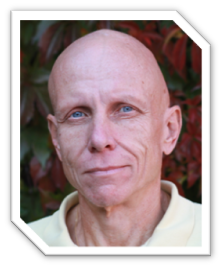
Prof. Håkan Westerblad from the Karolinska Intitutet, Stockholm, Sweden will give a presentation about “Mechanism and therapeutic potential of cyclophilin inhibitors for prevention of mitochondrial myopathy progression” during the next 9th World Congress on Targeting Mitochondria, which will be held at Steigenberger Hotel, Berlin on October 23-25, 2018.
According to Prof. Håkan Westerblad: "Mice with skeletal muscle-specific disruption of the mitochondrial transcription factor A (Tfam), Tfam knock-out (KO) mice, develop a lethal mitochondrial myopathy. We have identified excessive mitochondrial Ca2+ uptake as a likely trigger of muscle dysfunction in Tfam KO mice. The expression of the mitochondrial protein PPIF (also called cyclophilin D) is increased in muscles of TFam KO mice as well as in patients with mitochondrial myopathy. The cyclophilin inhibitors cyclosporine A and NV556 decrease mitochondrial Ca2+ uptake in Tfam KO muscles and prolong the lifespan of Tfam KO mice.".
For more information about Targeting Mitochondria 2018, please visit www.targeting-mitochondria.com
Reversing wrinkled skin and lost hair in mice by restoring mitochondrial function
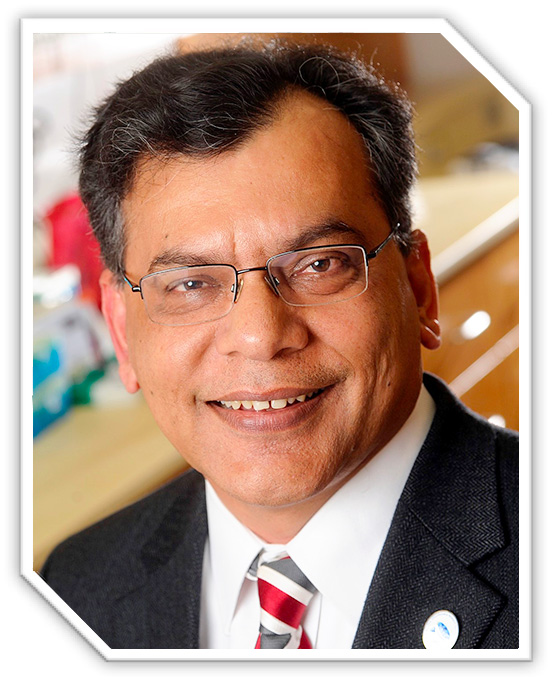 Prof. Keshav K. Singh from University of Alabama at Birmingham, USA will join the 9th World congress on Targeting Mitochondria which will be held in Berlin, in October 23-25, 2018 and give presentation entitled "Reversing wrinkled skin and lost hair in mice by restoring mitochondrial function".
Prof. Keshav K. Singh from University of Alabama at Birmingham, USA will join the 9th World congress on Targeting Mitochondria which will be held in Berlin, in October 23-25, 2018 and give presentation entitled "Reversing wrinkled skin and lost hair in mice by restoring mitochondrial function".
Summary of presentation: "Our studies show that ubiquitous mitochondrial dysfunction in mice leads to predominant and profound effects on the skin resulting in wrinkles and visual hair loss with an increased number of dysfunctional hair follicles and inflammatory responses. Development of skin wrinkle was associated with the significant epidermal hyperplasia, hyperkeratosis, increased expression of matrix metalloproteinases and decreased expression of matrix metalloproteinase inhibitor. Surprisingly restoring mitochondrial function in mice reversed skin to normal and restored hair. To our knowledge that restoration of mitochondrial functions can reverse the skin and hair pathology is unprecedented."
If you would like to know more about Targeting Mitochondria Congress: www.targeting-mitochondria.com
Using live imaging to investigate the causes and consequences of mitochondrial toxicity in the kidney
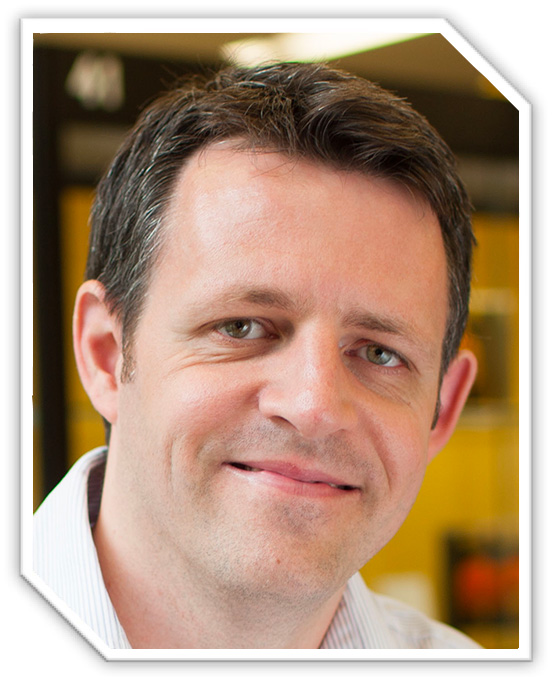 Dr Andrew Hall from University of Zurich, Switzerland will participate to the congresss and talk about "Using live imaging to investigate the causes and consequences of mitochondrial toxicity in the kidney" during the 9th World Congress on Targeting Mitochondria 2018 which will be held in Berlin next October 23-25.
Dr Andrew Hall from University of Zurich, Switzerland will participate to the congresss and talk about "Using live imaging to investigate the causes and consequences of mitochondrial toxicity in the kidney" during the 9th World Congress on Targeting Mitochondria 2018 which will be held in Berlin next October 23-25.
Dr. Andrew Hall summarized their team's research on Mitochonddria as: "Mitochondrial toxicity from therapeutic drugs is a common cause of acquired kidney disease in humans, but in most cases the pathogenic mechanisms are not well understood. Our group uses live imaging techniques, including intravital microscopy, and computational analysis to investigate how toxins alter mitochondrial function and dynamics in kidney tubular cells in real-time, and the downstream consequences of mitochondrial dysfunction on important physiological processes, such as solute transport and calcium signaling."
If you would like to know more about Targeting Mitochondria Congress: www.targeting-mitochondria.com
Phase 2 motor study of Omaveloxolone in patients with mitochondrial myopathies
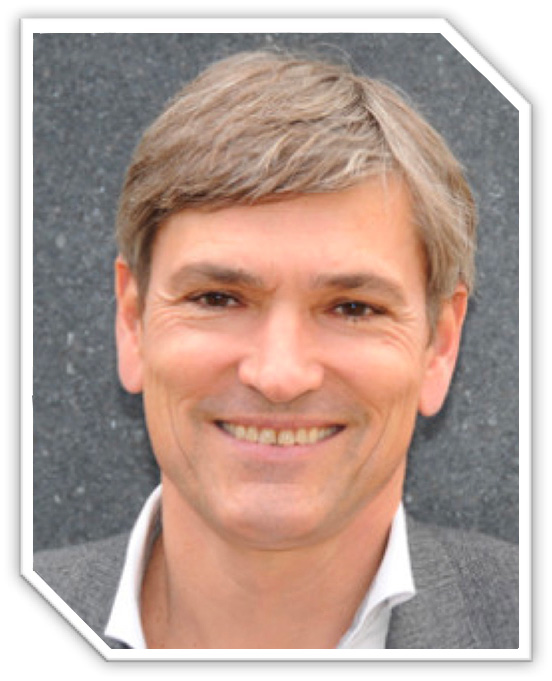 Prof. John Vissing from Copenhagen University, Copenhagen, Denmark will participate to the 9th World Congress on Targeting Mitochondria, which will be held at Steigenberger Hotel, Berlin on October 23-25, 2018 and talk about "Phase 2 motor study of Omaveloxolone in patients with mitochondrial myopathies".
Prof. John Vissing from Copenhagen University, Copenhagen, Denmark will participate to the 9th World Congress on Targeting Mitochondria, which will be held at Steigenberger Hotel, Berlin on October 23-25, 2018 and talk about "Phase 2 motor study of Omaveloxolone in patients with mitochondrial myopathies".
According to the Prof. Vissing:
"Nrf2 is the key endogenous regulator of cellular antioxidant response. Omaveloxone activates Nrf2 and the antioxidant response. In a placebo-controlled, double-blind, dose-escalating trial, sponsored by Reata Pharmaceutical, we explored the effect and safety of this drug in 54 patients with genetically confirmed mitochondrial myopathy. Results from the trial will be discussed"
For more information about Targeting Mitochondria 2018, www.targeting-mitochondria.com
Mitochondrial potassium channels: new regulation mechanism?
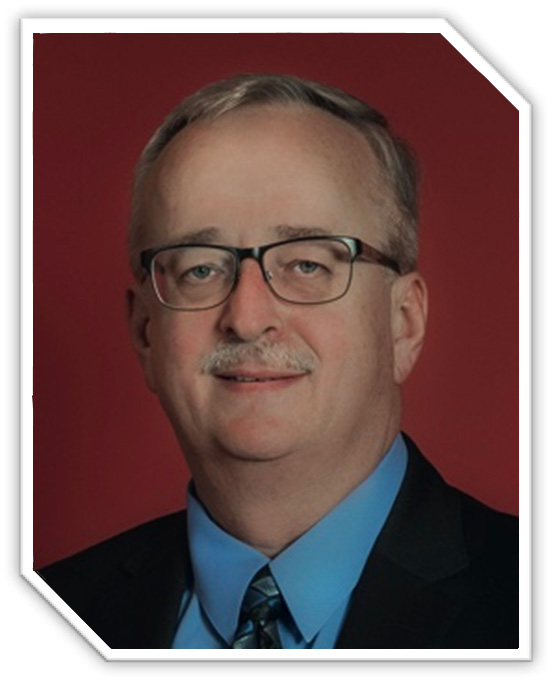
Prof. Adam Szewczyk from Nencki Institute of Experimental Biology, Warsaw, Poland will present study on "Mitochondrial potassium channels: new regulation mechanism?" during the Mitochondria congress which will be held in October 23-25, 2018, at Berlin, Germany.
Prof. Szewczyk will present the most interesting issues regarding function, regulation and pharmacology of the mitochondrial potassium channels. There are eight potassium channels known to contribute to the potassium permeability of the inner mitochondrial membrane: ATP-regulated channel, calcium-regulated channels of large, intermediate and small conductance, voltage-regulated Kv1.3 and Kv7.4 channels, two-pore-domain TASK-3 channel and SLO2 channel. The primary function of the mitochondrial potassium channels is regulation of the mitochondrial membrane potential. Additionally, mitochondrial potassium channels alter cellular respiration, regulation of the mitochondrial volume and ROS synthesis.
For more information about Targeting Mitochondria 2018, www.targeting-mitochondria.com
For more information about confirmed speakers: https://targeting-mitochondria.com/mitochondria-2018-speakers
More Articles...
- The mitochondrial link to cocaine addiction: recent scientific advances
- Metabolic switches saving mitochondria from oxidative stress
- How to utilize a human hepatoma cell line to study off-target effects of drugs on mitochondrial DNA maintenance and bioenergetics?
- The legal framework for mitochondrial therapy will be presented during Targeting Mitochondria Congress








